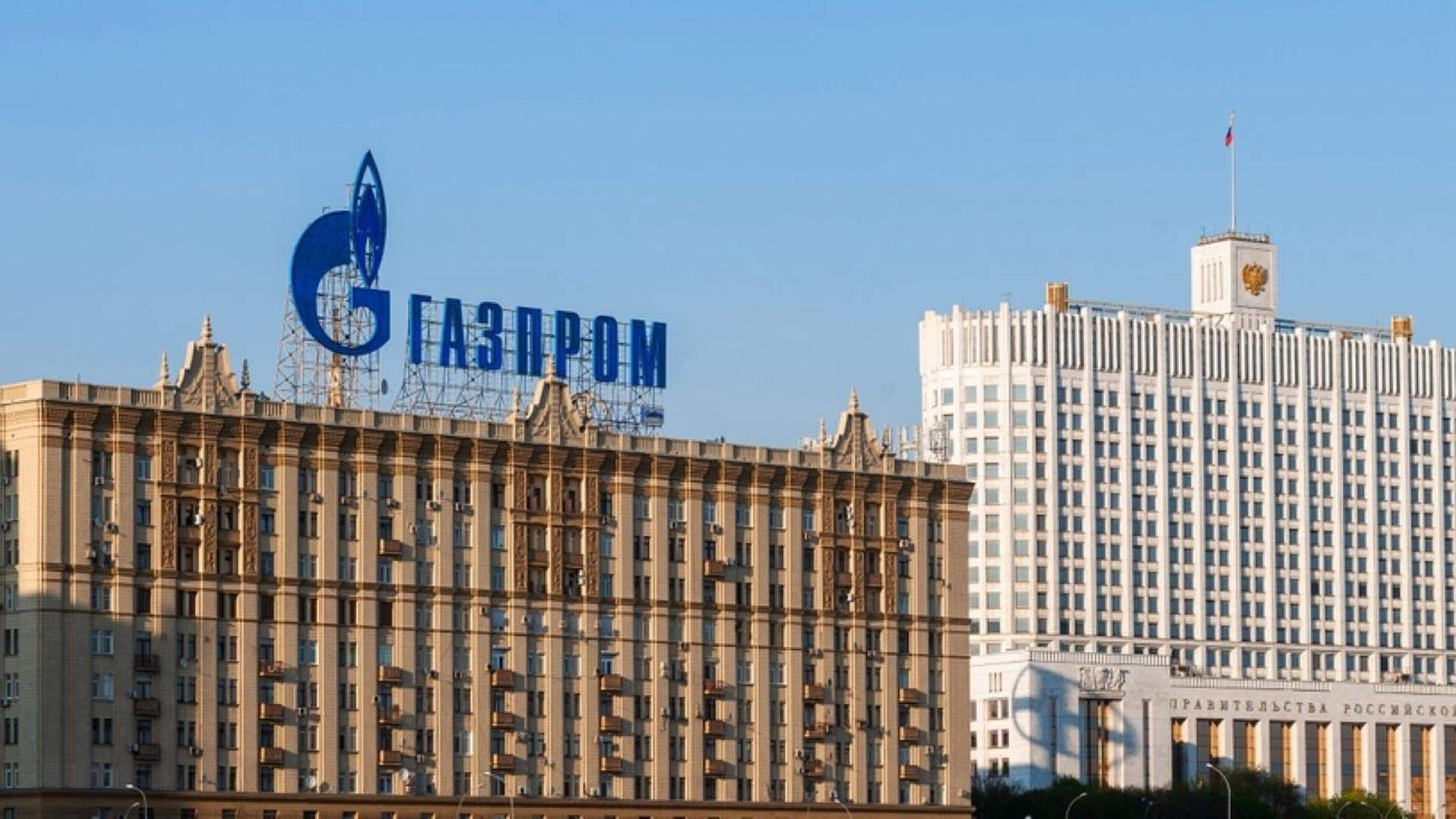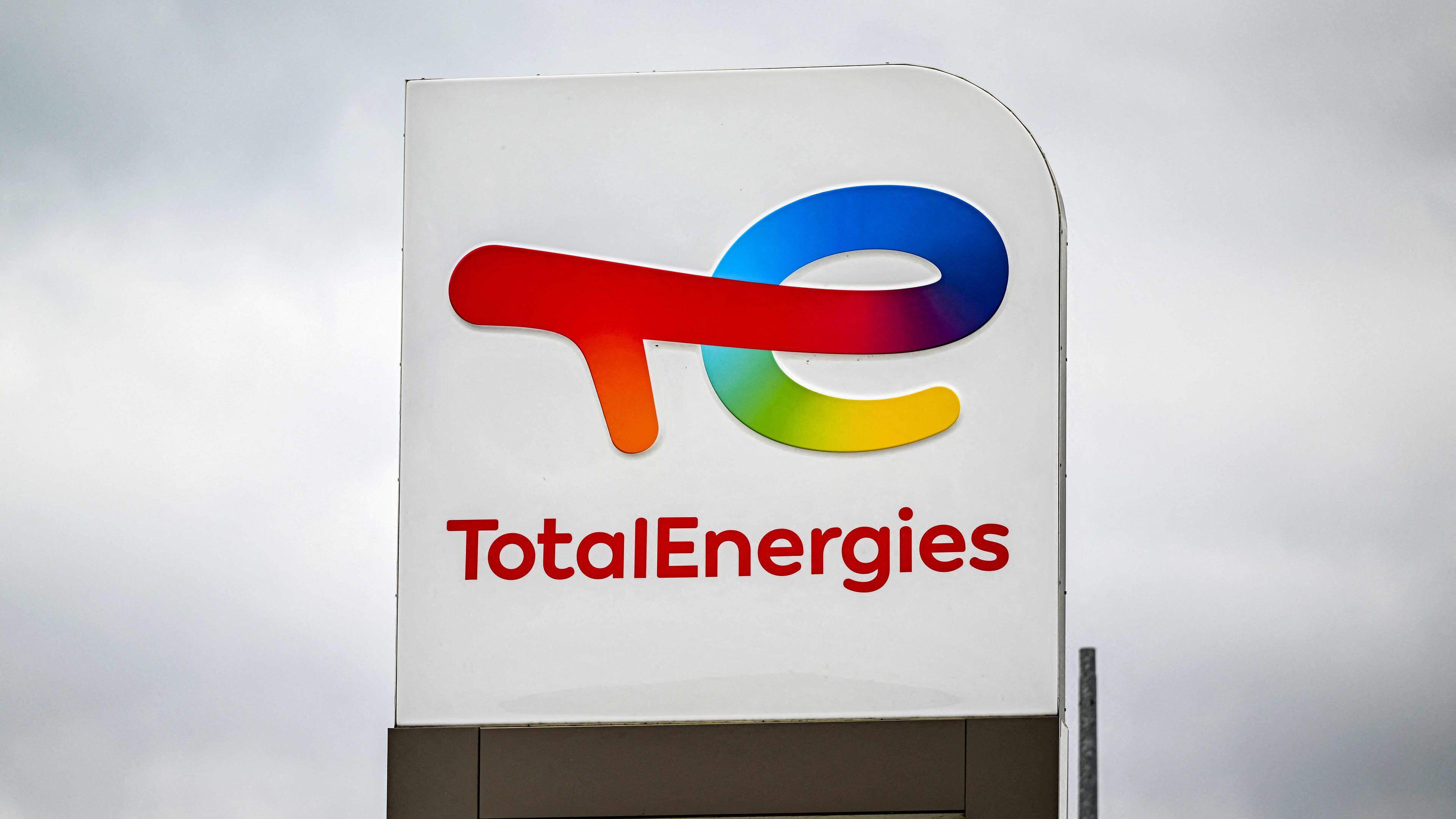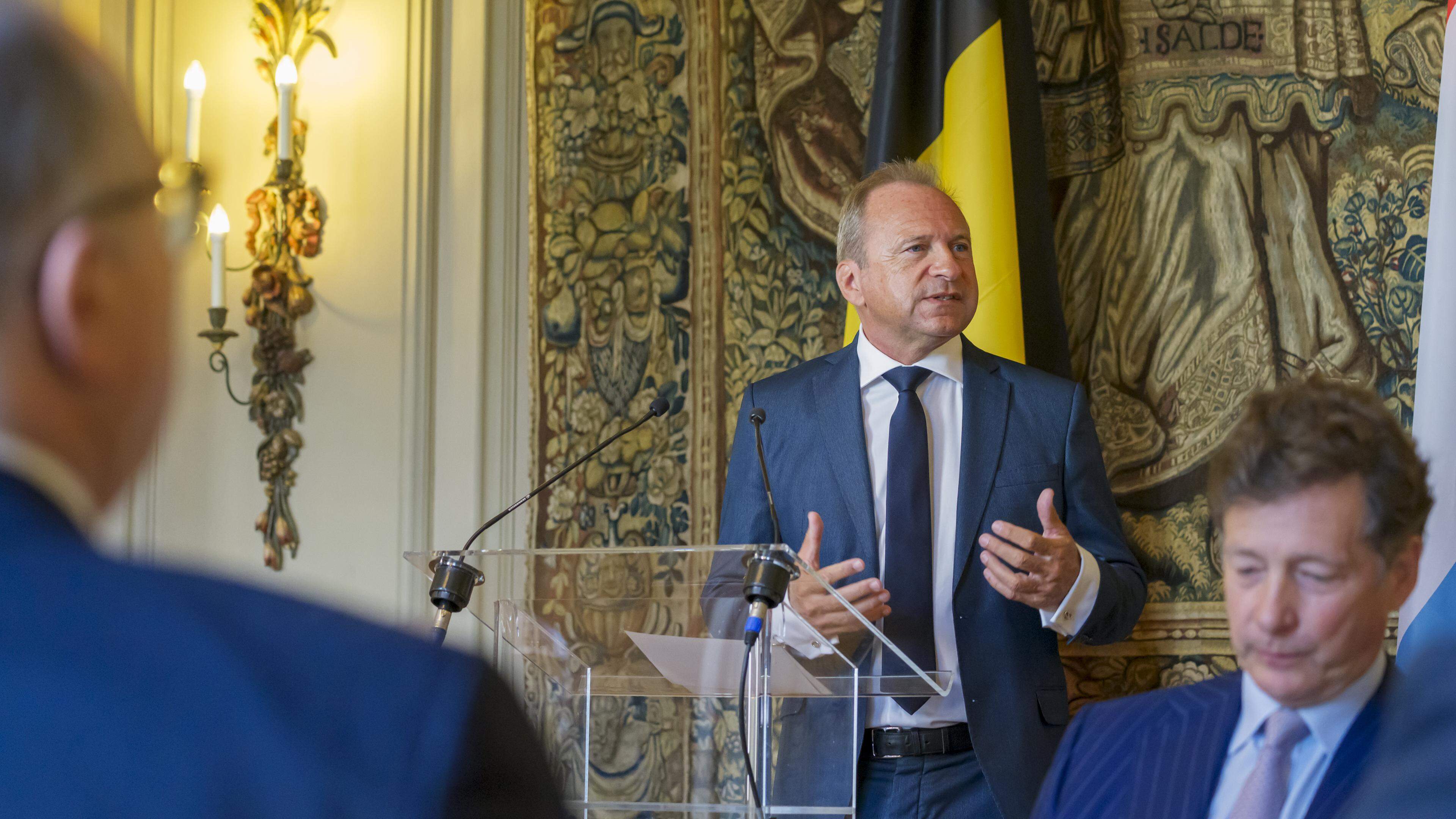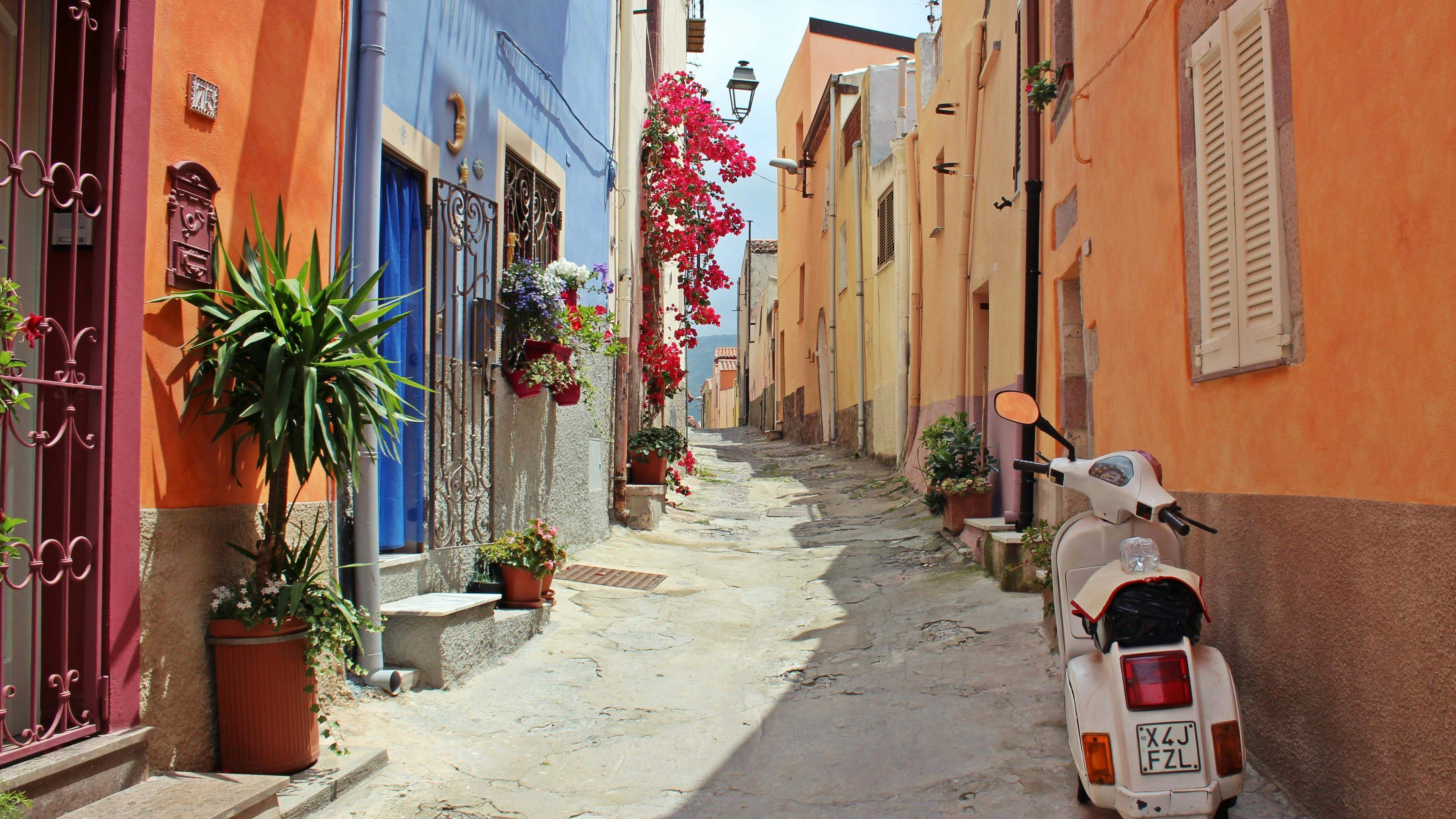Luxembourg energy prices among lowest in EU
If differences in price levels are removed, Luxembourg households pay second-least among member states for energy
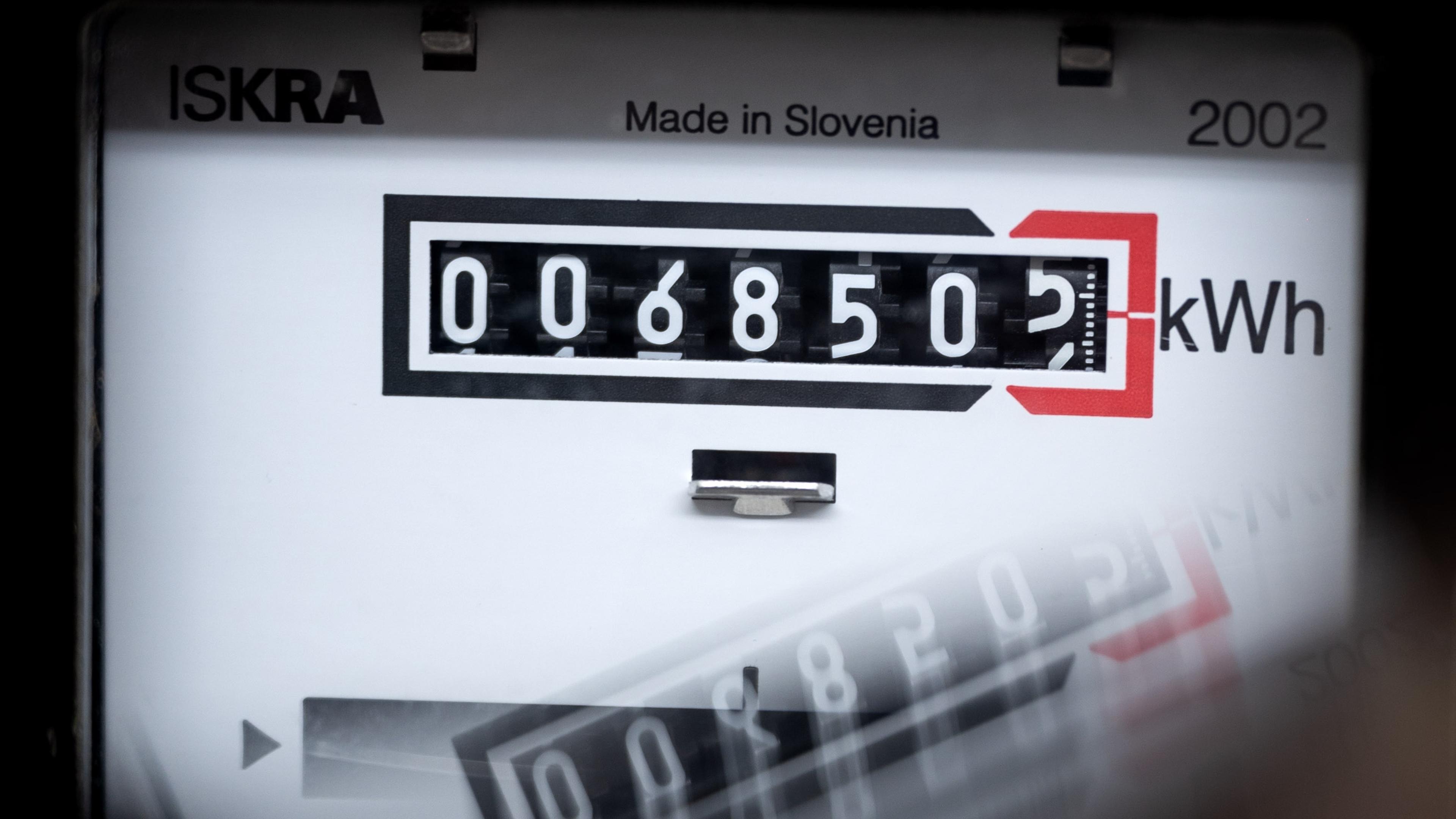
Consumers in the Grand Duchy had some of the lowest electricity and gas prices in the European Union in 2023, despite inflation and the energy crisis, Eurostat revealed on Thursday.
Energy prices in the EU on average dropped in the second half of 2023 compared to the first semester, with electricity falling from €29.4/100kWh to €28.5/100kWh, and the cost of gas moving from €11.9/100kWh to €11.3/100kWh, the bureau said.
Alongside Luxembourg, household electricity process dropped in 12 other member states. “Price deceases resulted from market dynamics, but were partly offset by reducing or removing consumer alleviation measures at national level,” the Eurostat report stated.
EU keeps nudging Luxembourg on deficit spending
However, the Grand Duchy was able to keep the cost of energy low for households as it has kept providing energy subsidies, making it the country with the second-lowest energy costs when differences in price levels are removed.
Luxembourg’s electricity prices for household consumers stood at an average of 15.43 purchase power standards (PPS) per 100kWh. The cost was significantly higher in neighbouring France (23.86), Belgium (33.76) and Germany (35.93). PPS is an artificial common reference currency the EU uses in comparisons between member states, as it erases differences of price levels between them.
Only Bosnia and Herzegovina counted a lower price in PPS (15.26).
The Grand Duchy’s households were also among those with the lowest PPS per 100kWh, at 6.51. Hungary (5.07) and Turkey (6.48) were the only countries where households faced proportionally lower costs, Eurostat said.
Luxembourg’s budget facing long-term strain, warns scrutiny body
Changes to come later
Luxembourg, despite a warning from the EU Commission, has not yet dropped its energy subsidies. The Commission last week said Luxembourg’s economic growth would be slower, and debt and inflation would remain higher, than under the government’s forecast. The government should end the energy support it provides to residents before the end of the year.
Finance minister Gilles Roth, during a debate on the state budget for 2024 on Wednesday, said the measure would progressively be phased out in 2025 but would remain at current levels until the end of this year, as reported by the Luxemburger Wort.
The National Council for Public Finances in its assessment of the country’s budget had expressed similar concerns to the EU Commission.


